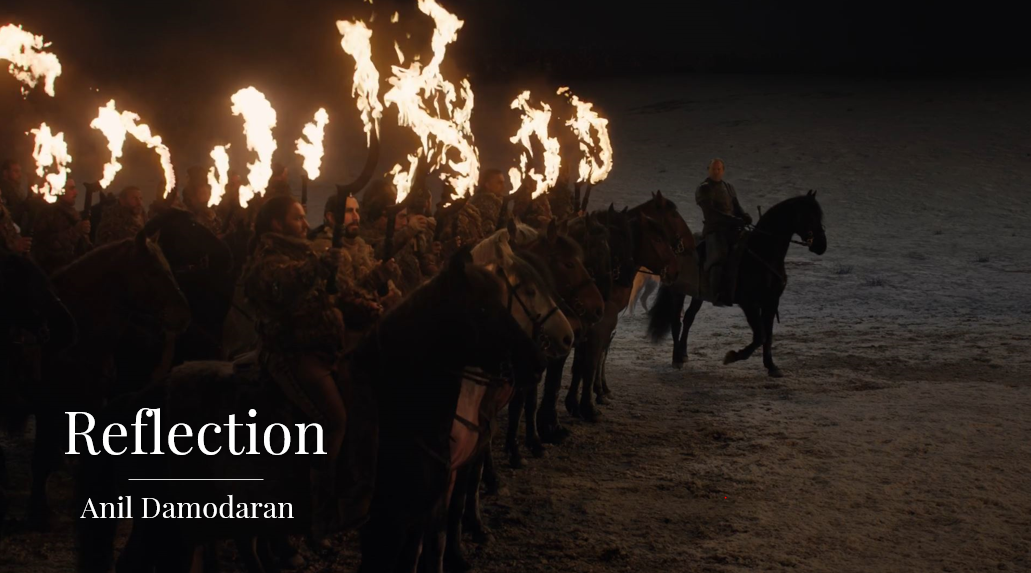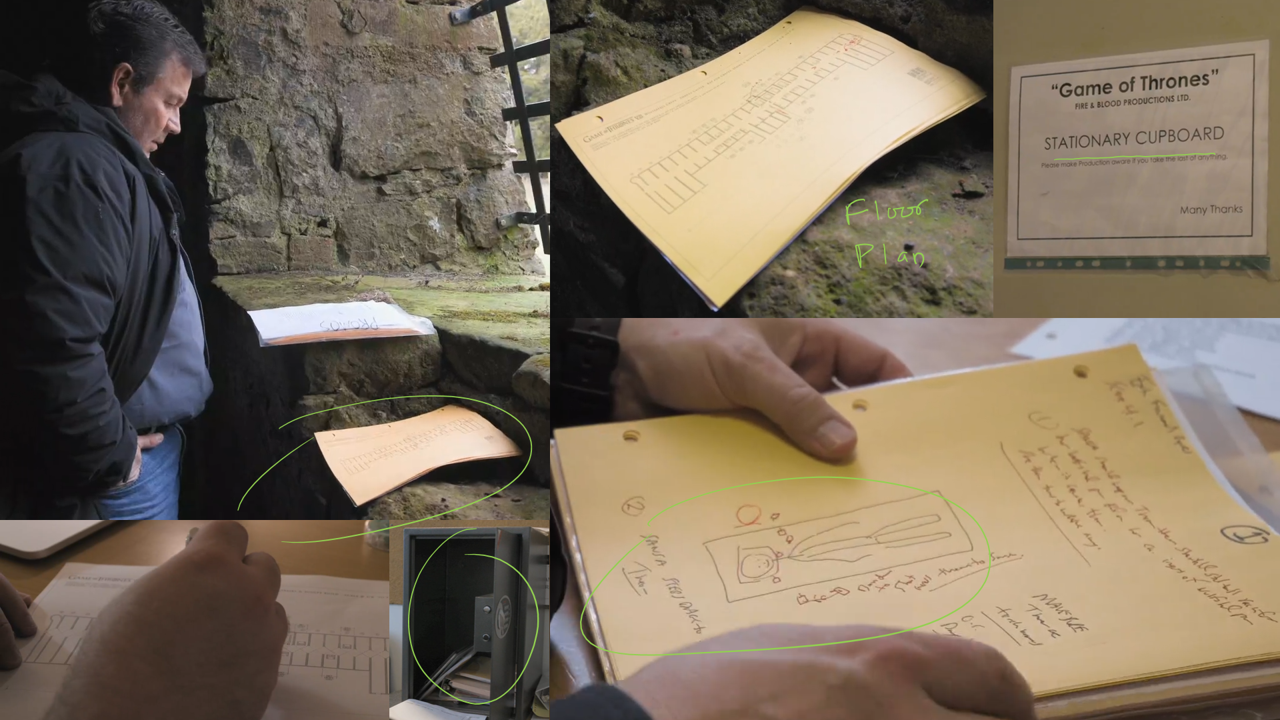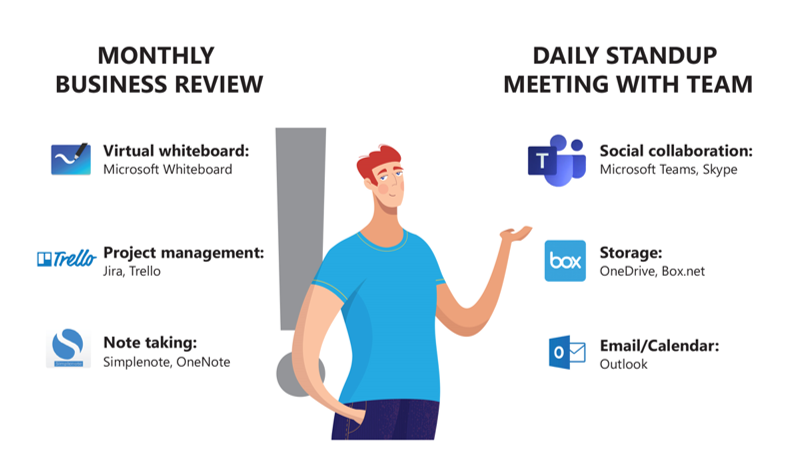|
Dear LinkedIn, I have been reading with interest the increased number of published articles around working from home, the best tools for making remote working easier and ‘ultimate’ lists for maximizing productivity since the lockdown of COVID-19. Like everyone, the first few weeks went by in readjusting to this new environment, temporally, emotionally, and spatially. After all, this was the world’s largest work-from-home experiment and we were all riding a wave of upturned schedules, potential strained professional (and personal) connections, and a negative sense of belonging (albeit temporary). But experienced remote workers showed us that connectedness can improve over time and that was an encouraging sign. I invested a reasonable amount of time preparing strategies and identifying tools to cope but I was caught off-guard by the FOMO on apps that I might use to give me (and my team) an edge. The thought that I might, without some shiny new tool, prioritize tasks haphazardly, somehow miss an email thread accidentally creating a bottleneck or appear on a web call with staccato audio and an annoyed prospect, brought out untold anxiety. From there I tumbled down the internet rabbit-hole for a few hours and was left exhausted with the options available. Scores of apps for time-tracking, project management, product road mapping, social collaboration, mental health and the list went on. Thankfully, my anxiety was laid to rest after an hour in front of the telly. This time last year, the fictional world of Westeros (Game of Thrones or GoT) and its ensemble were dealing with their own brand of chaos and I indulged in TV nostalgia by watching, ‘Game of Thrones: The Last Watch’. A documentary chronicling the creation of Game of Thrones’ final season, its most ambitious and anticipated one. It had a segment featuring David Nutter, the show’s main director and his work process. David Nutter, for the uninitiated, directed GoT’s iconic Red Wedding and Walk of Shame episodes. He is sought after in the industry to direct TV pilots and is often called ‘the Stephen Spielberg of TV’. On the sets of GoT, Mr. Nutter and his team are orchestrating the show’s characters, setting complex scenes & narrative, coordinating shoots across locations, instructing thousands of crew members, and managing an audience’s expectation that was even larger than the wall in the north! Even within this environment, Mr. Nutter continues to use his mostly analog process including paper printouts of floor plans, hand drawn instructions and cast reading sessions that complemented his visual thinking style. This process is something that he had developed from experience and honed over time. Considering the amount of technology, the show utilizes, from production to marketing, it was insightful to see him in action. Using a work system that allowed him to produce the content the way he knew how to do it. Therein lies the lesson, I suppose, that productivity is deeply personal, like one’s education or money is to them. To emulate the method and tools blindly from the above example would be a fruitless exercise. To combine self-awareness, simplicity and tools that feel right (behaviorally) would be going in the right direction. We're now forty-five days into the new normal and as a product team have adopted a minimalist philosophy to our choice of tools and processes. We've also prioritized communication and discuss everything from statistical models to dinner recipes! I expect we'll refine our approach over time but so far, this seems to be working for us.
Yours sincerely, Anil Damodaran Copyright © Anil Damodaran
Comments are closed.
|





 RSS Feed
RSS Feed
